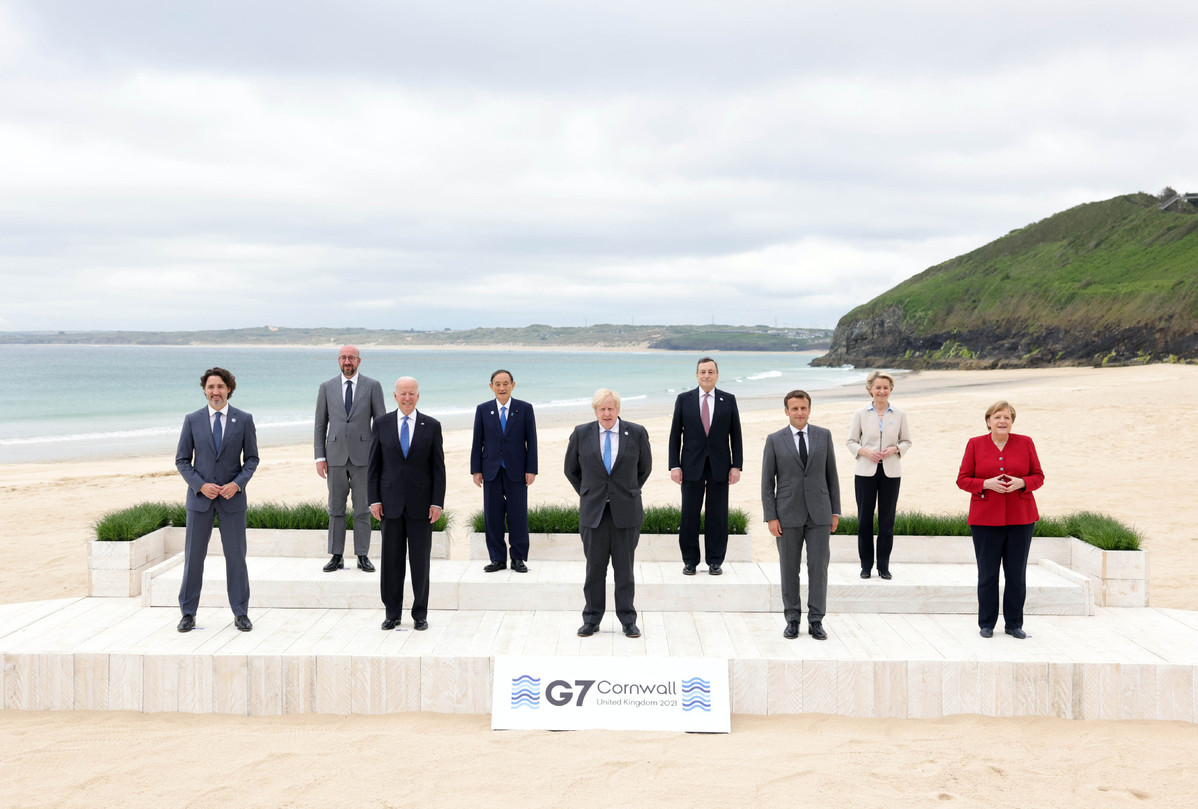G7 should develop cooperation with, not contain China, says British scholar


FALMOUTH, Britain -- For the Group of Seven (G7), the correct development direction "should be to seek cooperation with China, not to try to contain or reject China," British scholar Martin Jacques said as G7 leaders are attending a summit in Britain.
Leaders of the G7 -- Britain, the United States, Canada, Japan, Germany, France and Italy -- plus the European Union have gathered for a summit in Britain's southwestern seaside resort of Carbis Bay in Cornwall from June 11 to 13.
It is the first in-person meeting of the G7 leaders in almost two years and the first major in-person summit held by Britain after Brexit, where China is expected to be a topic of discussion.
Writing in the Washington Post, US President Joe Biden said that the first foreign trip of his presidency -- to this week's G7 Summit in Cornwall -- will be about "rallying the world's democracies."
Biden claims the US is "back in the chair," with a plan to "end the pandemic everywhere," meet the demands of "an accelerating climate crisis," and confront what he calls the "harmful activities of the governments of China and Russia."

Jacques, a senior fellow at Cambridge University, believes that this action exposes the inability of the G7 countries to deal with the decline of the bloc's international status, and also goes against the trend of the times of win-win cooperation.
The problem of the G7 is that it used to effectively run the world economically, but now its authority has greatly diminished, he said.
It's a pale shadow of what it was, he said, "and we saw this at the time of the financial crisis. You remember when G20 effectively replaced G7, so G7 is hugely weak. And I don't think it's so surprising in a way, that it took this kind of very negative view towards China, because it's only defensive, and it's kind of embattled," he said.

































